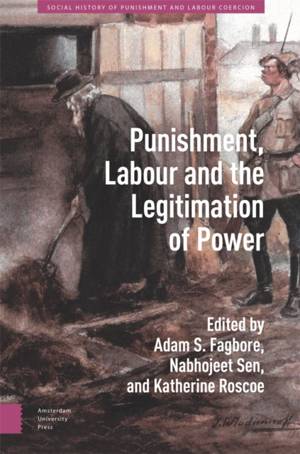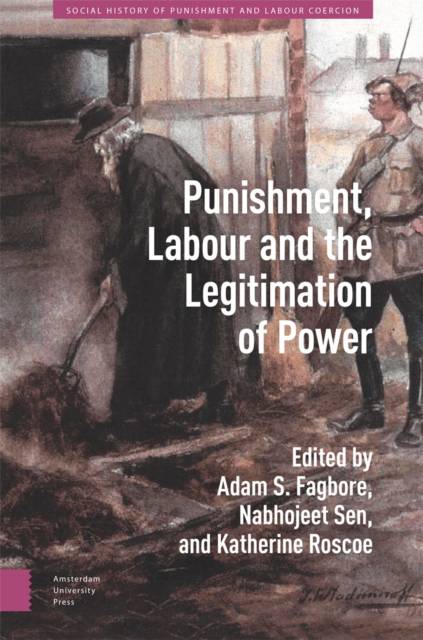
- Afhalen na 1 uur in een winkel met voorraad
- Gratis thuislevering in België vanaf € 30
- Ruim aanbod met 7 miljoen producten
- Afhalen na 1 uur in een winkel met voorraad
- Gratis thuislevering in België vanaf € 30
- Ruim aanbod met 7 miljoen producten
Punishment, Labour and the Legitimation of Power
€ 181,95
+ 363 punten
Omschrijving
This volume draws the outlines of a new field of scholarship at the crossroads of the social histories of punishment and labour. It poses key questions: What is "punishment" and how is it legitimized? In particular, how do punitive practices contribute to shape the processes of labour extraction and workers' mobility? Based on empirically grounded research on a wide range of geographical and temporal contexts, this volume provides important insights on these questions and on the ways through which they can be studied. It highlights the need to pluralize both punishment and labour, moving beyond the standard focus on incarceration and wage labour. It invites to produce contextualized studies of the processes of coercion and the relations between multiple actors, rather than starting from predefined categories of labour and punishment. And it foregrounds the importance of the simultaneous analysis of processes of mobilization and immobilization of the workforce.
Specificaties
Betrokkenen
- Uitgeverij:
Inhoud
- Aantal bladzijden:
- 238
- Taal:
- Engels
- Reeks:
Eigenschappen
- Productcode (EAN):
- 9789463724777
- Verschijningsdatum:
- 13/01/2025
- Uitvoering:
- Hardcover
- Formaat:
- Genaaid
- Afmetingen:
- 162 mm x 236 mm
- Gewicht:
- 557 g

Alleen bij Standaard Boekhandel
+ 363 punten op je klantenkaart van Standaard Boekhandel
Beoordelingen
We publiceren alleen reviews die voldoen aan de voorwaarden voor reviews. Bekijk onze voorwaarden voor reviews.









